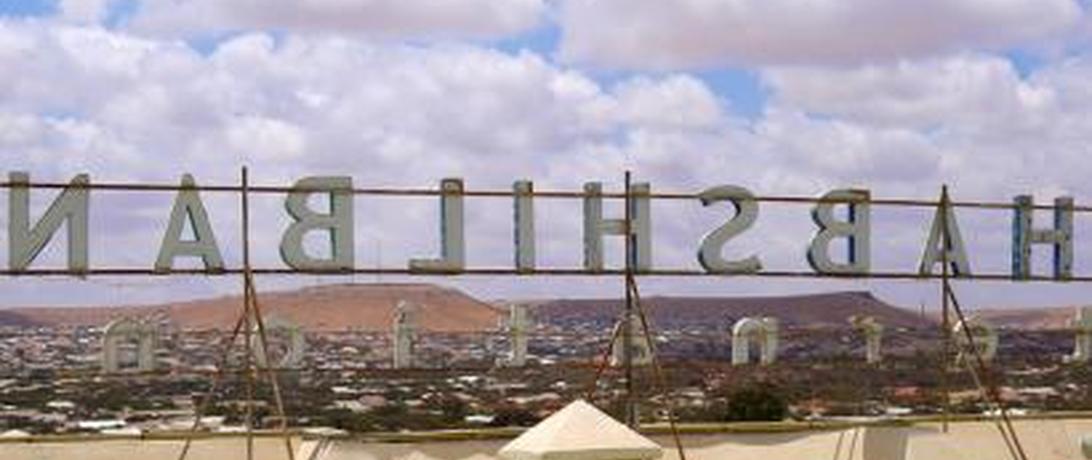In Sweden, the diaspora provides lifelines for survival, education, and health through remittances sent to the Somali region. OEF’s Shuraako program recently partnered with the Swedish International Development Cooperation Agency and Somali financial institution that provide money transfer services to introduce low collateral loans to small and medium enterprises throughout the region.
“This financial instrument will expand lending opportunities which will lead to greater stability and positively impact the development of youth, women, and internally displaced persons; further ensuring participation in terms of their financial inclusion,” said Nuradin Abdi Elmi, General Manager of Premier Bank.
Money sent home can create jobs and enhance food security. Previously, OEF’s Shuraako program managed the Somali Agrifood Fund in partnership with the International Fund for Agricultural Development and BiD Network to drive $992,640 of diaspora investments into Somali agriculture and rural businesses.
While the majority of remittances are used to help families with their day-to-day needs, initiatives like the one above show the shift of initiatives that address immediate sustenance to those that encourage long term investment. Building the capacity of local financial institutions, encouraging information sharing through the strengthening of diaspora investor networks, supporting chambers of commerce, and providing credit guarantee schemes are a few of the ways that can increase the effectiveness of money sent from overseas. Approaching economic development in this way ensures that capital is held and managed locally. This has a catalytic effect in mobilizing outside funds and can facilitate investment flows into high risk markets.
OEF applauds the United Nations for proclaiming June 16th International Day of Family Remittances, recognizing the efforts of migrant workers globally and their potential to strengthen current partnerships and create new synergies among sectors to promote development impact worldwide.
Text and photo by Jean-Pierre Larroque
